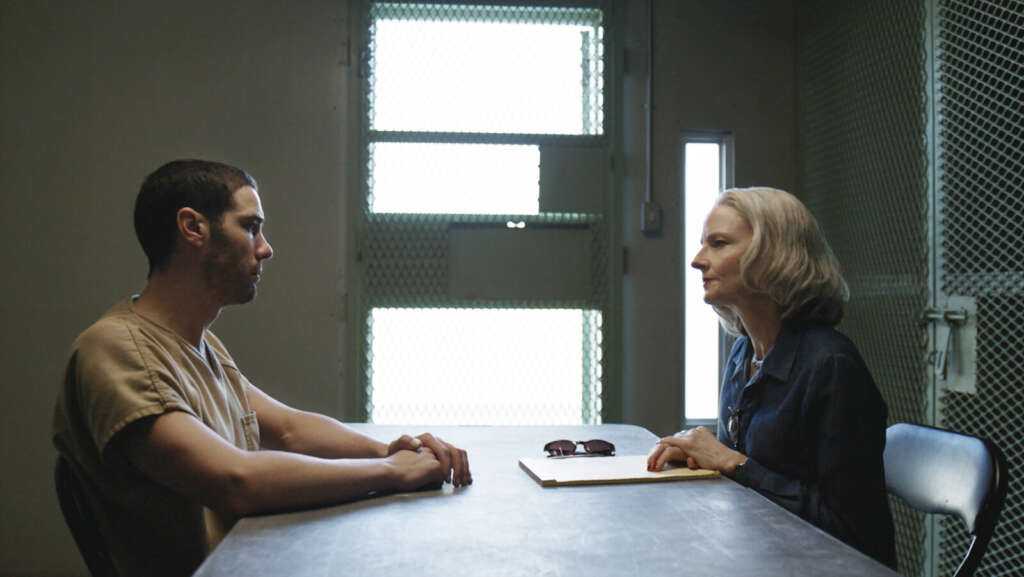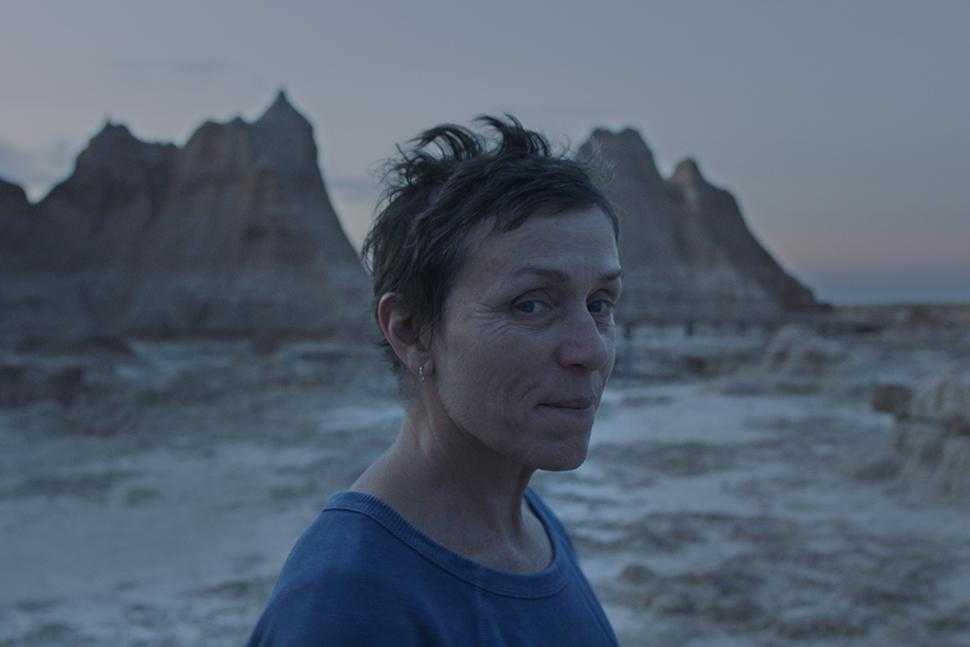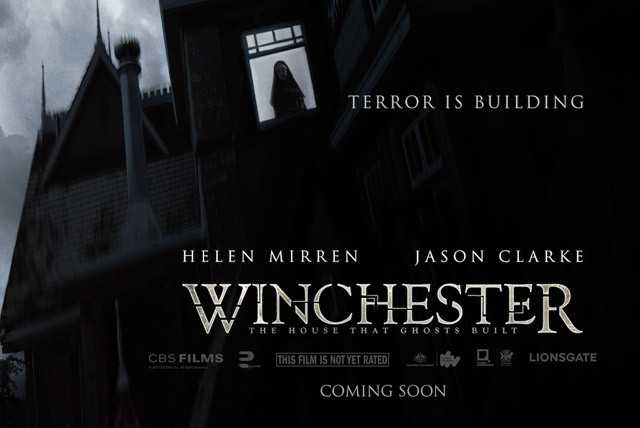Based on Mohamedou Ould Salahi’s bestselling 2015 memoir Guantánamo Diary, The Mauritanian finally premieres in the UK at this year’s virtual Glasgow Film Festival. Highlighting the injustice and inhumanity detainees faced at the camp, the legal drama spotlights the astonishing continuation of Guantánamo Bay. First established in US President George W. Bush’s administration in 2002 during the ‘War on Terror’, the military prison unbelievably still exists today, with 40 people detained. Following the departure of US President Trump, who signed an executive order to keep the detention camp open indefinitely, the Biden administration has since declared its intention to shut down the facility.
Directed by Kevin Macdonald, The Mauritanian centres on the plight of Mohamedou Ould Salahi (Tahar Rahim) who, after being captured by the US government under suspicion of training the 9/11 bombers, is held for 14 years without charge or a trial in Guantánamo Bay. With question marks held over his human and civil rights, defense attorney Nancy Hollander (Jodie Foster) and associate Teri Duncan (Woodley) begin to work researching for his case, facing numerous obstacles such as heavily redacted documents, in their search for justice. But they face fierce opposition from Military prosecuter Lt. Colonel Stuart Couch (Benedict Cumberbatch), who starts suspecting the case is not as clear cut as it seems.
The darker side of America’s “War on Terror” has briefly been portrayed on film, however movies such as American Snyper, Zero Dark Thirty or 13 Hours: The Secret Soldiers of Benghazi are commonly shot from an often biased American perspective. Mat Whitecross and Michael Winterbottom’s 2006 docudrama The Road to Guantánamo was the first to really expose the enduring torture and mistreatment inflicted by the US military at the detention centre, with The Mauritanian continuing to explore the shocking theme. Yet even with the best intentions, there’s something a little clinical and neatly wrapped about the drama, as events only really begin to scratch the surface of the inhumanity and prejudice Salahi experienced.
Propelled by a compelling and earnest performance from French-Algerian lead Tahar Rahim, who undergoes a notable transformation throughout the two hour runtime using mainly his body language and demeanour, definitely deserves recognition at the upcoming awards seasons. His plight and battle for justice is undoubtedly the most captivating section of the narrative, particularly as he experiences brief snatches of humanity conversing with fellow inmate ‘Marseille’, along with his interactions with Hollander and Duncan.
Perhaps the issue lies with the fact that there’s no real villains to blame for Rahim’s plight, as Cumberbatch’s cookie cutter patriotic prosecutor conveniently experiences a crisis of confidence as he unravels a conspiracy of lies and cover ups. Are the masked soldiers carrying out the horrific acts of torture to blame, or the bureaucratic pencil pushers blocking state secrets? Yes there’s some sense of justice as Salahi finally gets his time in court, but the stark reminder that detainees are still unjustly held at the camp lingers.
Verdict
The Mauritanian is a thought-provoking but somewhat convenient drama which only really begins to question America’s actions post-9/11. Tahar Rahim excels, along with an impassioned turn from Jodie Foster, it’s just a shame the generic script didn’t allow for more moving moments.




